Conveyors, conveying equipment





Telestack LF520
99 000EUR
- ≈ 116 234 USD
- ≈ 86 283 GBP
Rollenbahn

Rollenbahn MEP

Rollenbahn MEP
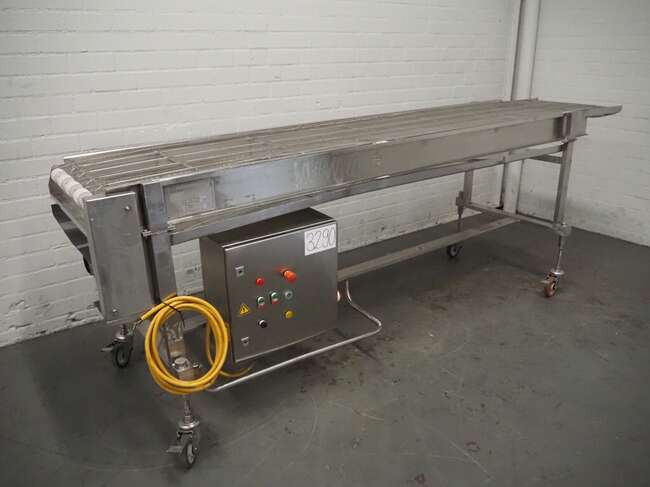


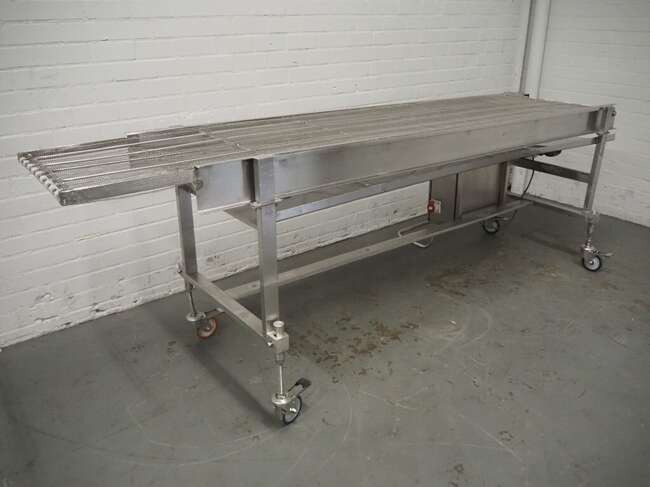

Koppens transport conveyor TG3000/600





Telestack LF520
99 000EUR
- ≈ 116 234 USD
- ≈ 86 283 GBP
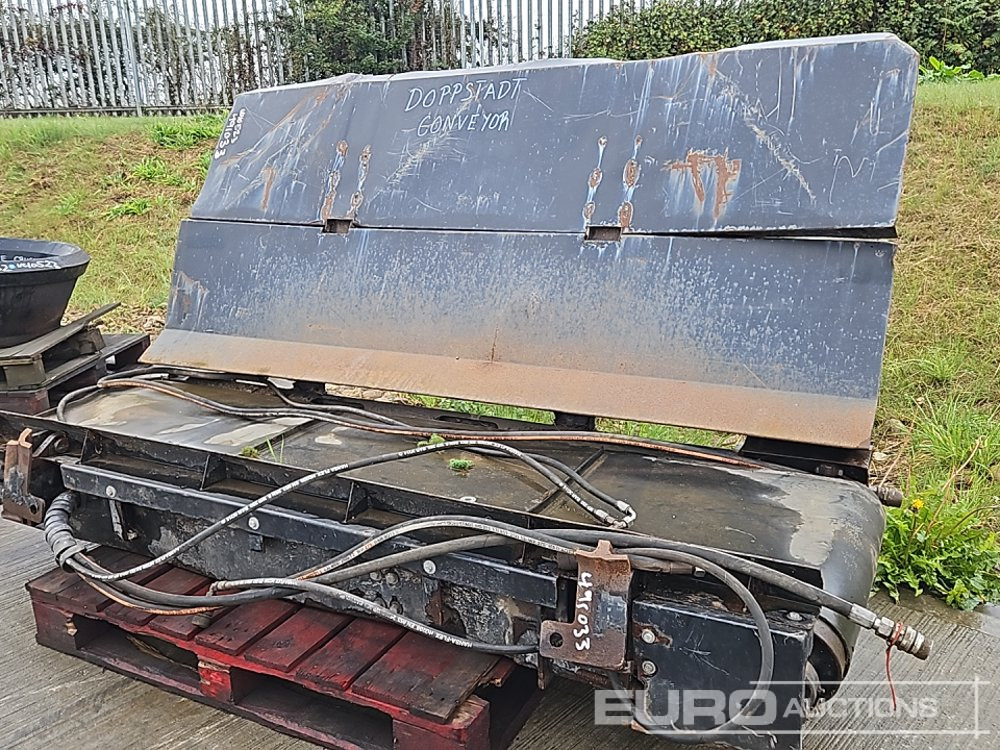


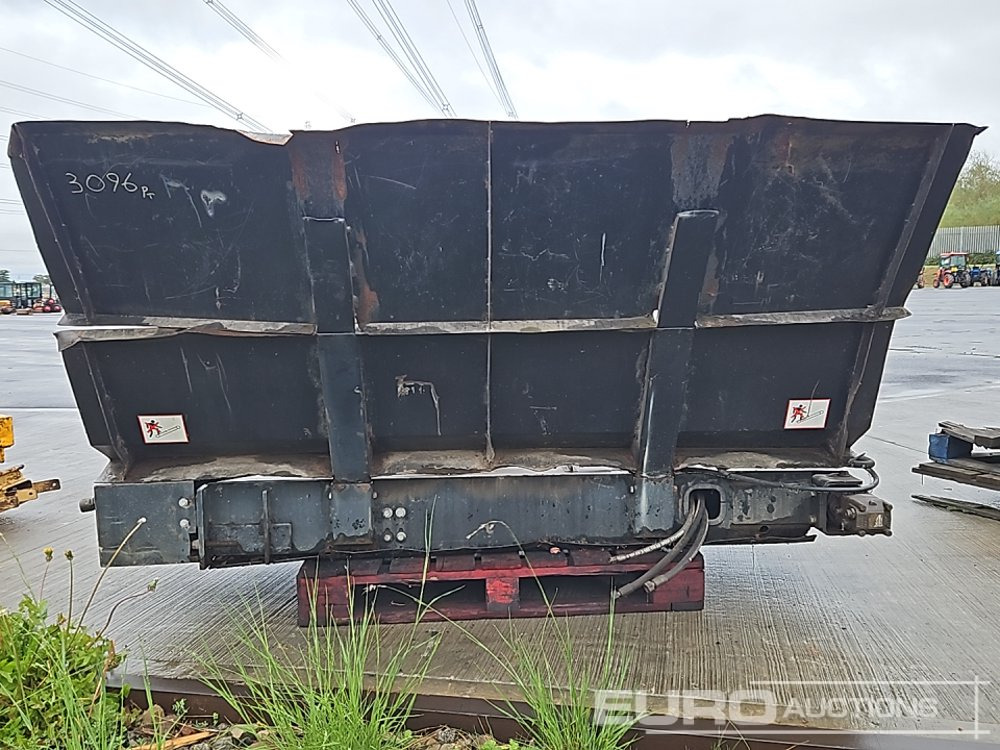
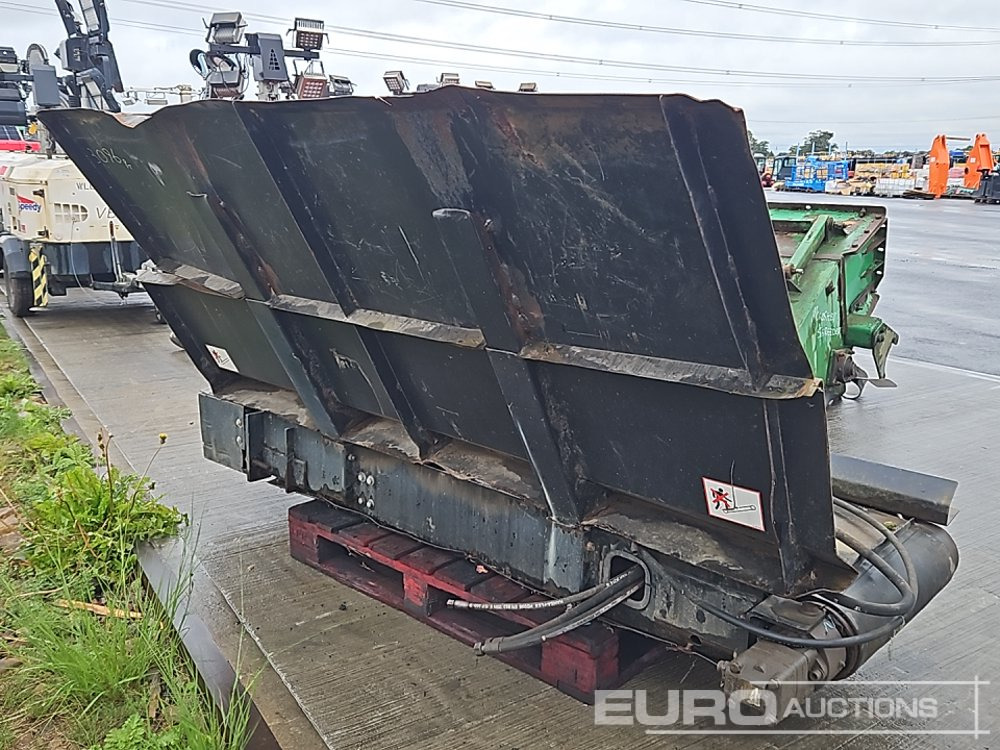
Conveyor to suit Doppstadt Screener





Unused 2025 Arteer QB-FC300
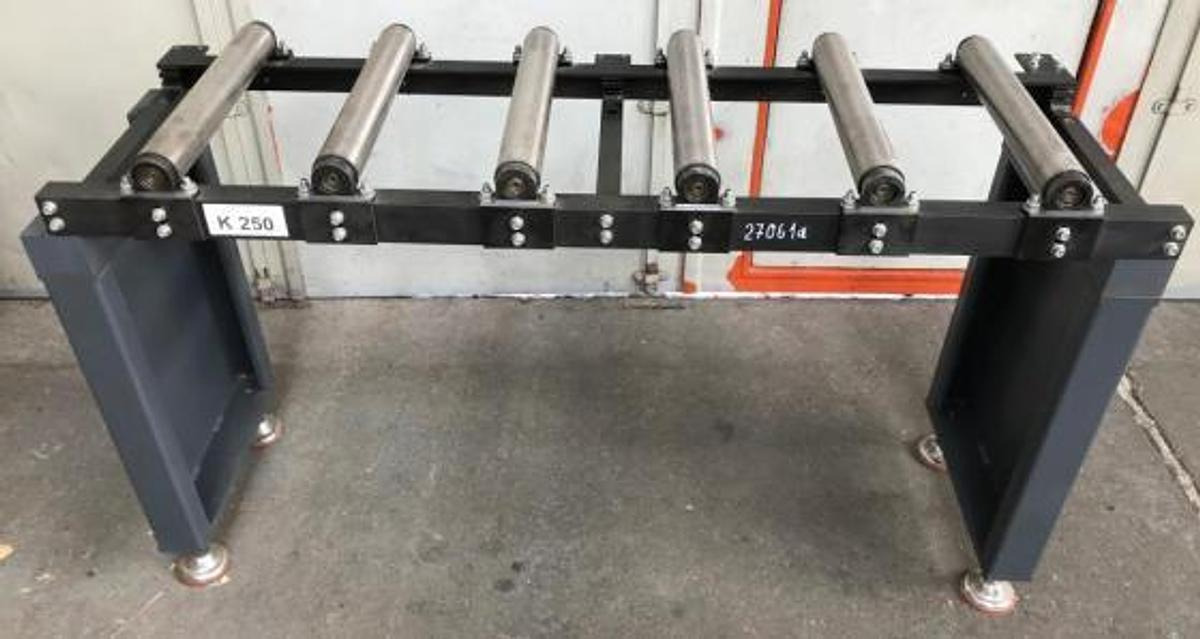
Rollenbahn MEP


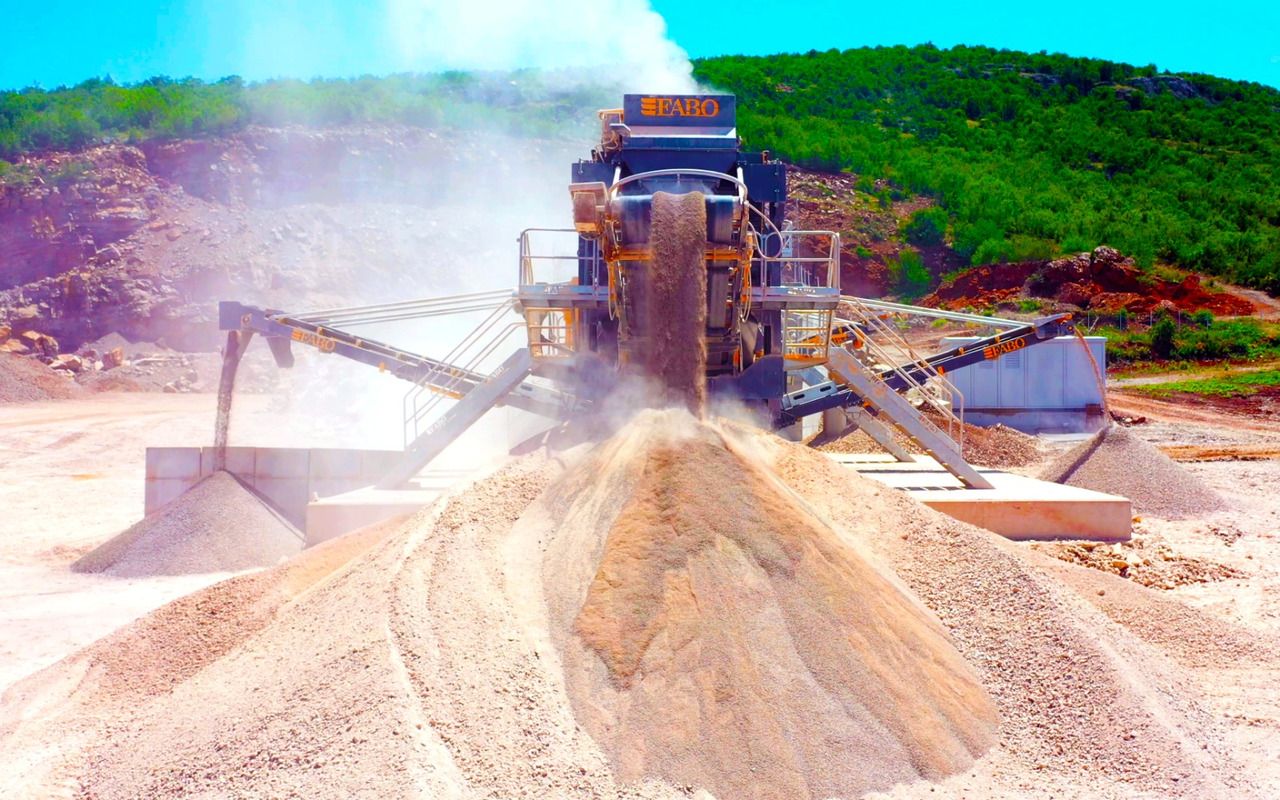

FABO Conveyor belt



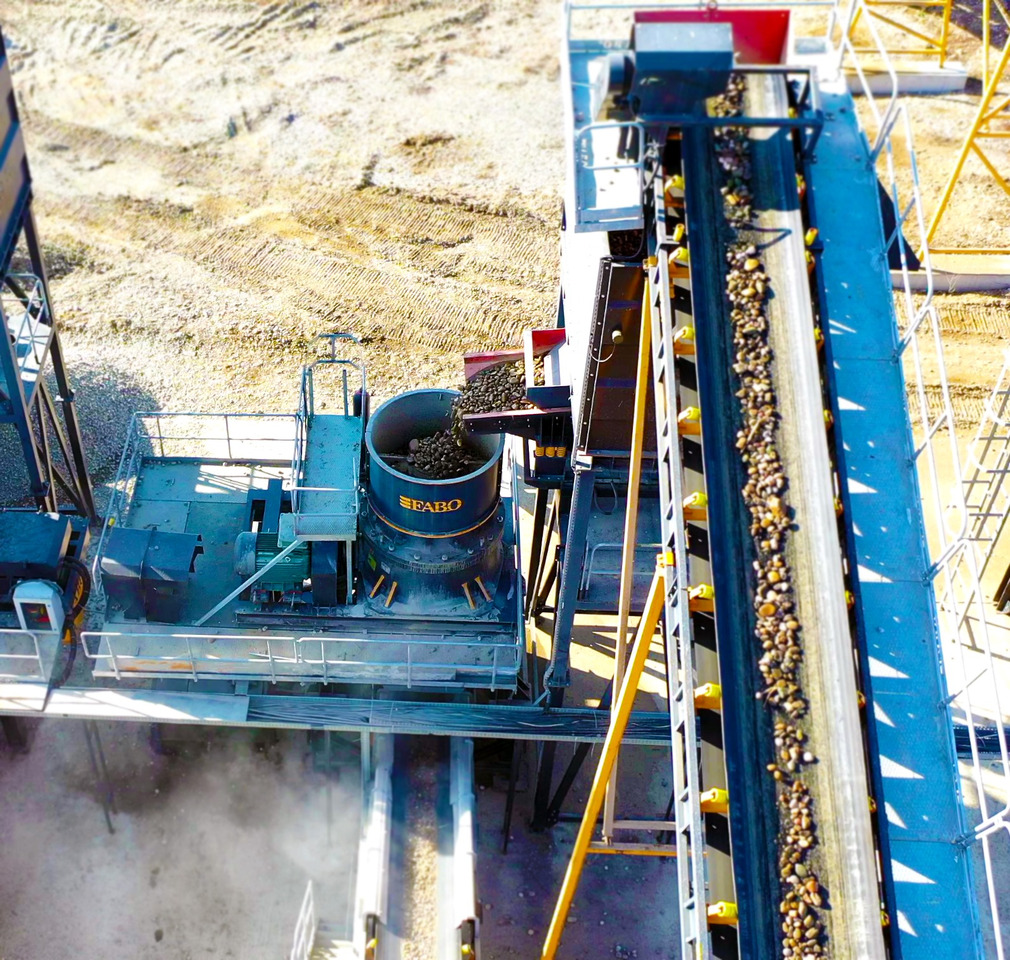

FABO Conveyor belt

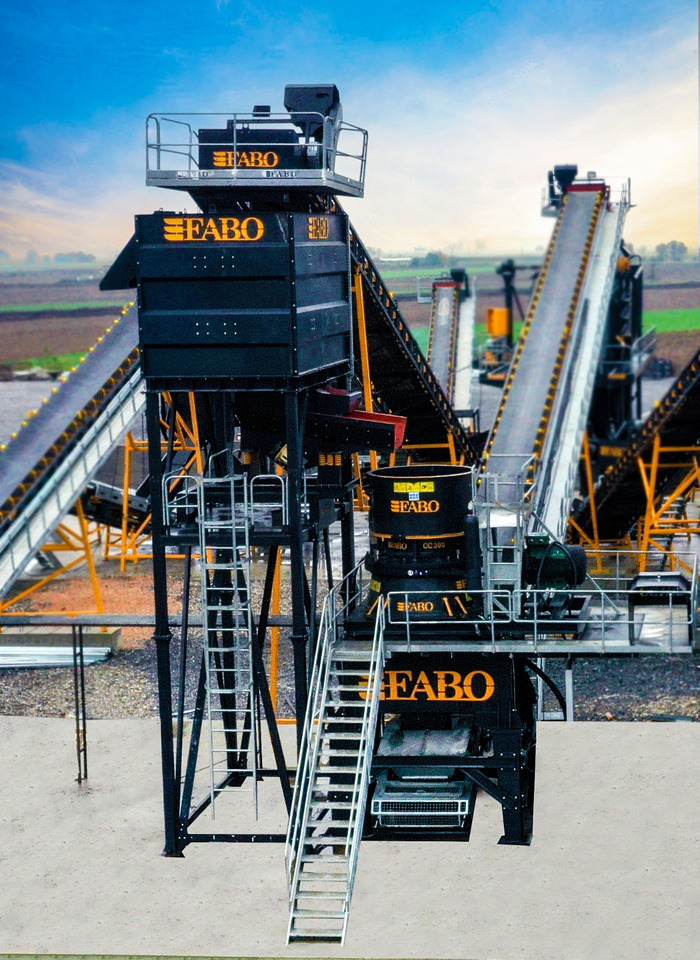

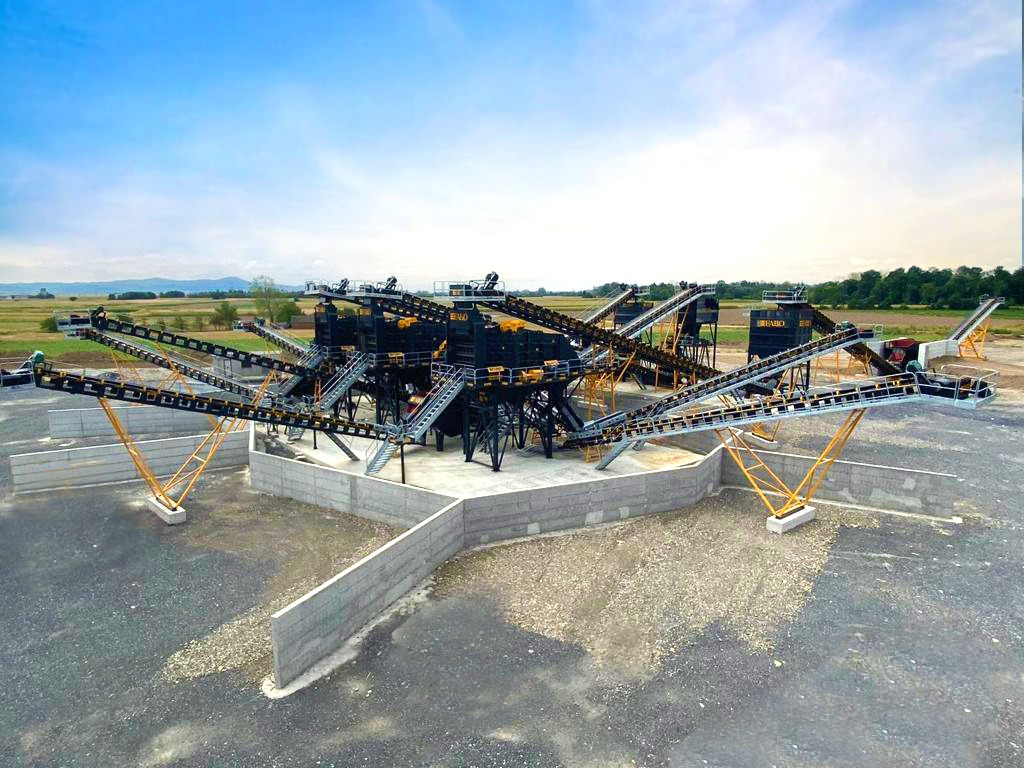

FABO Conveyor belt
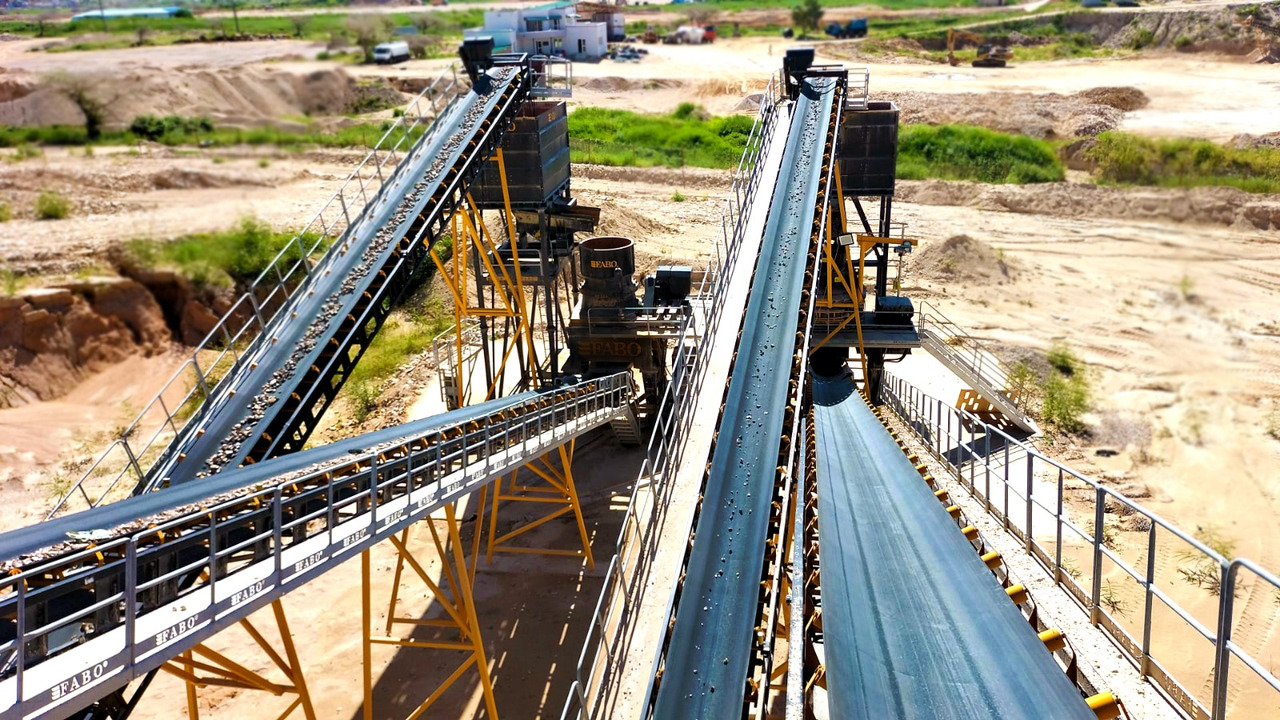
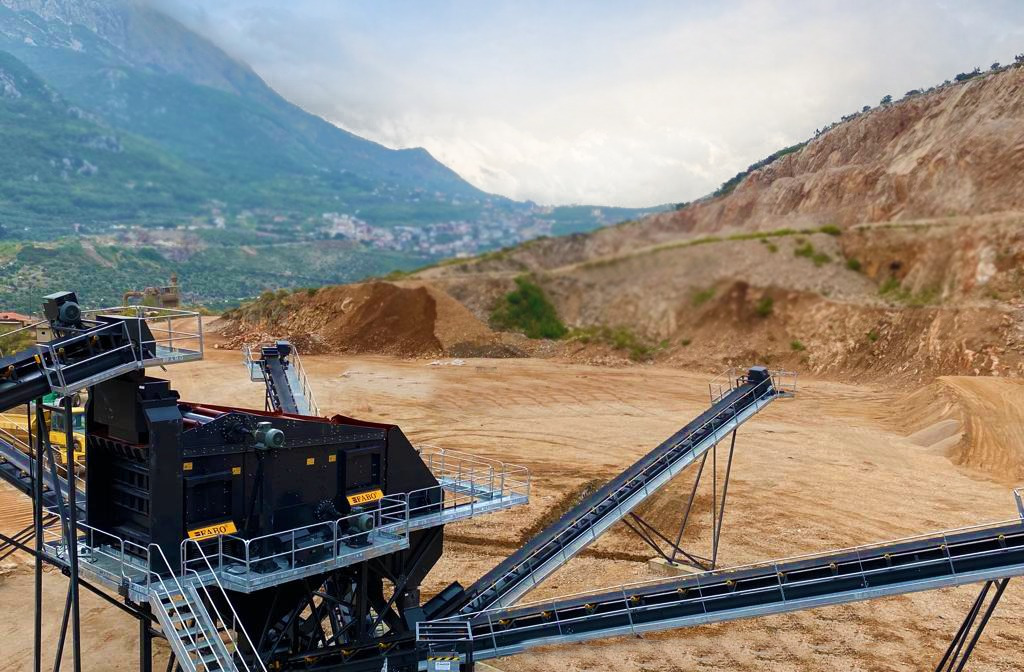



FABO Conveyor belt

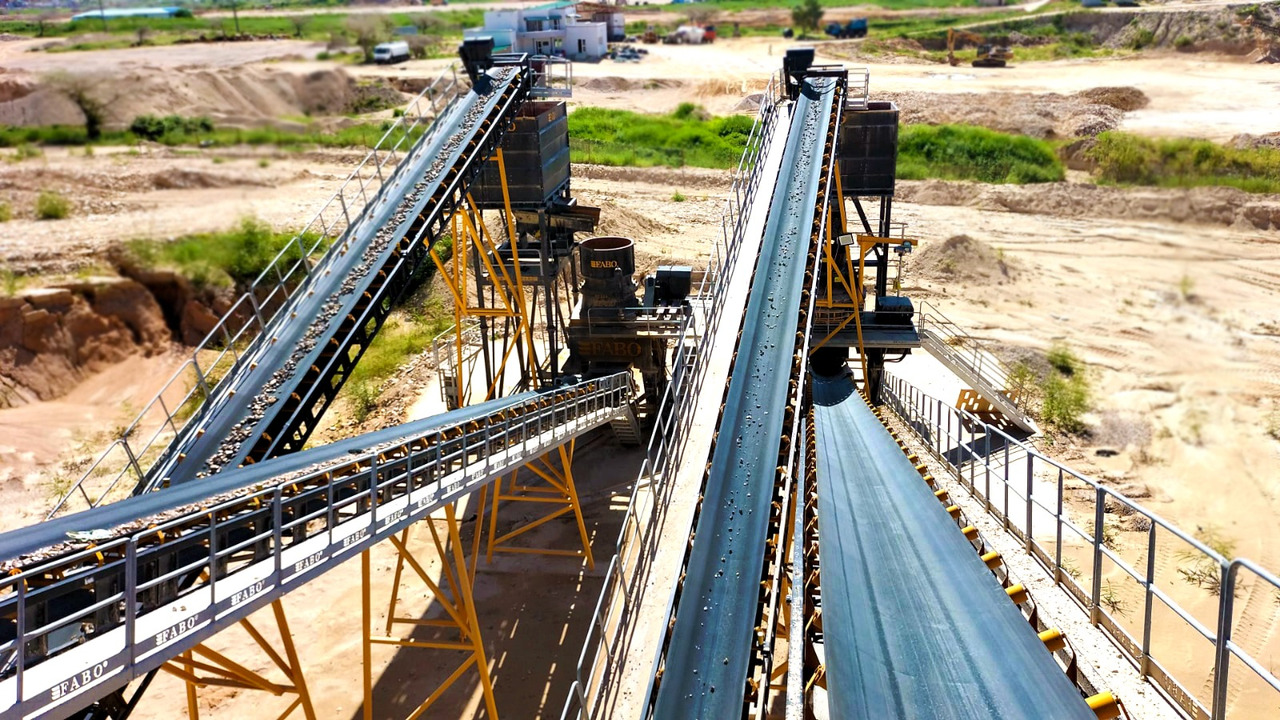

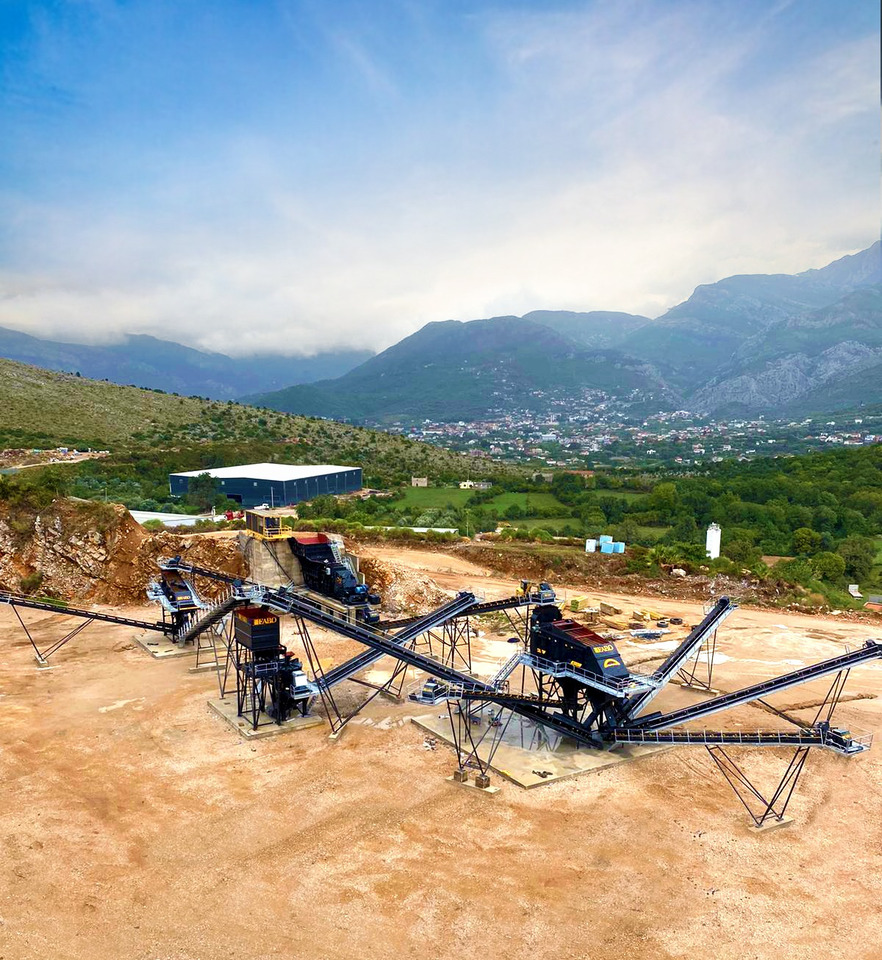
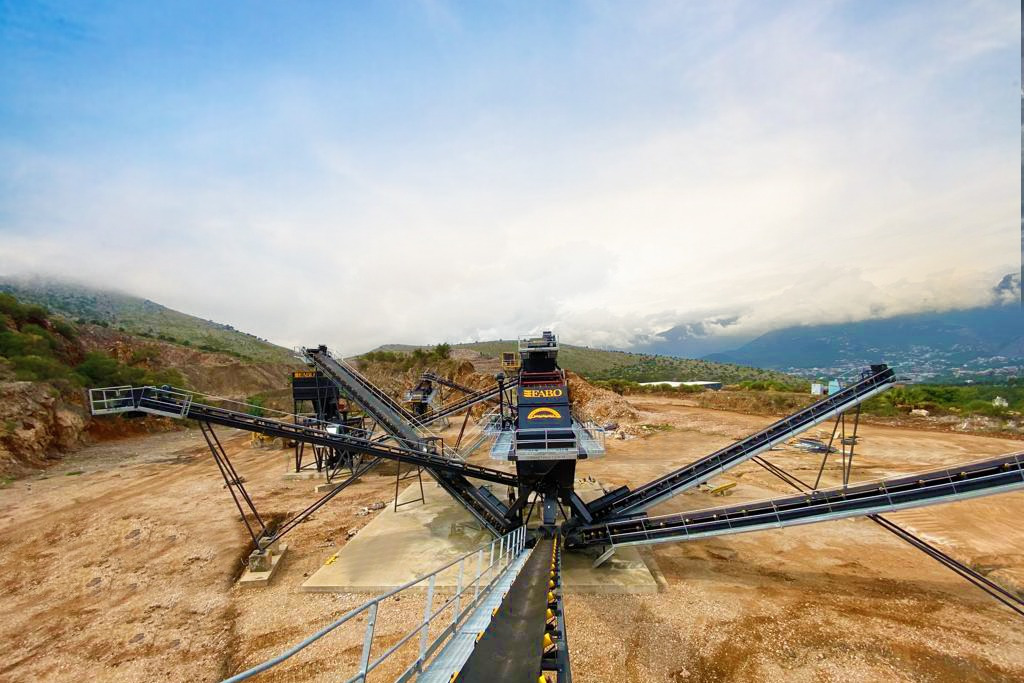
FABO Conveyor belt
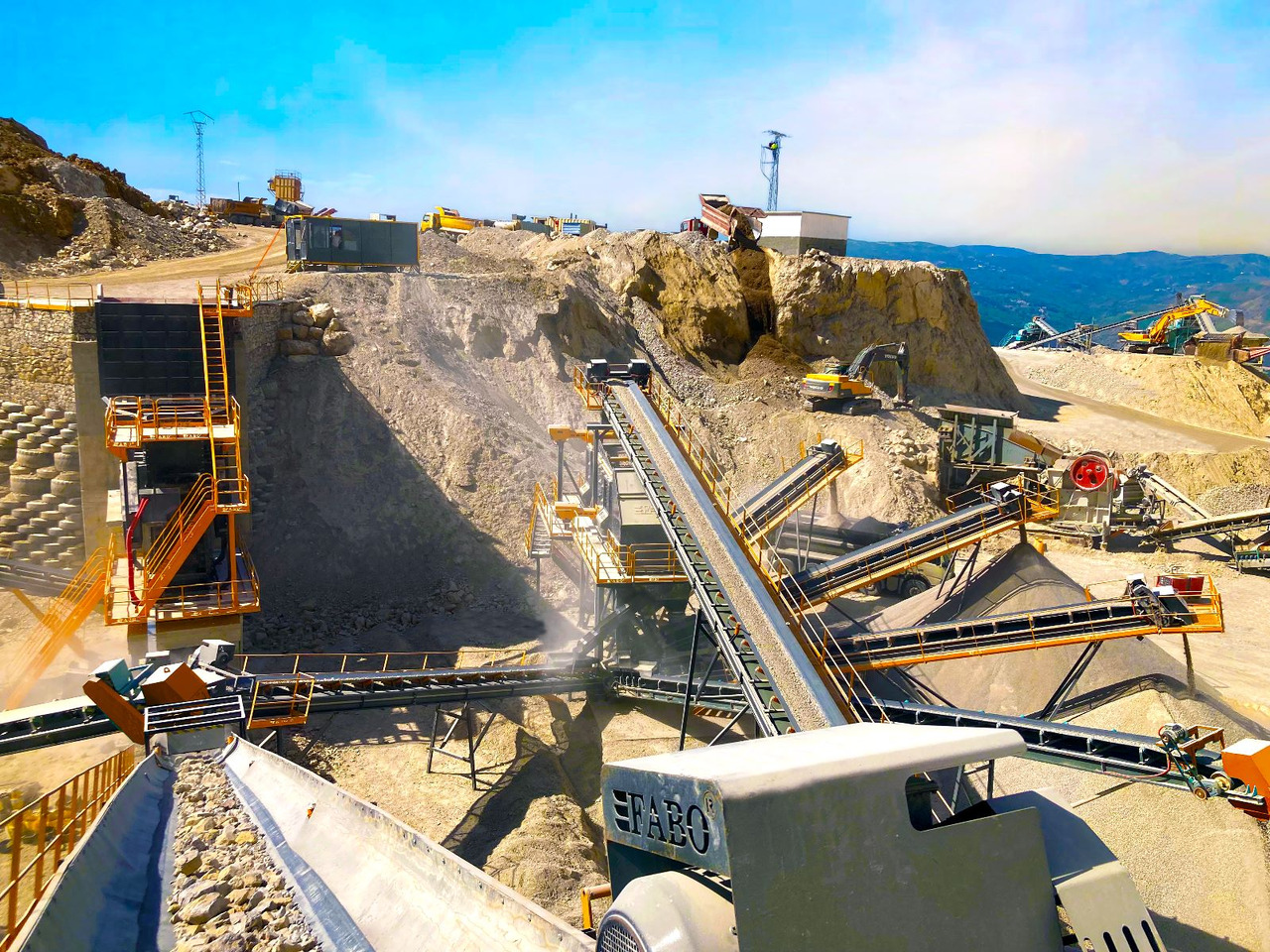

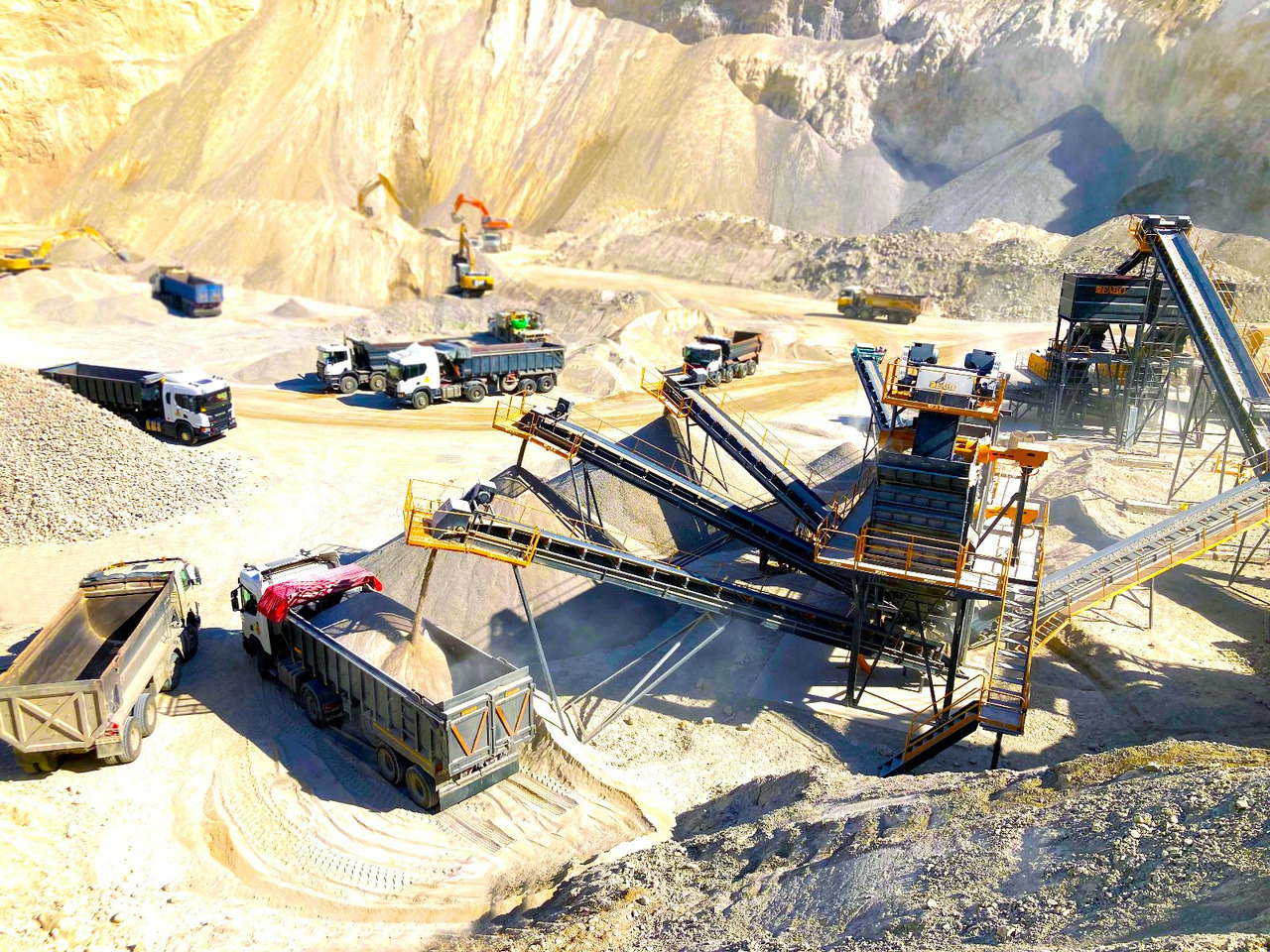
FABO Conveyor belt
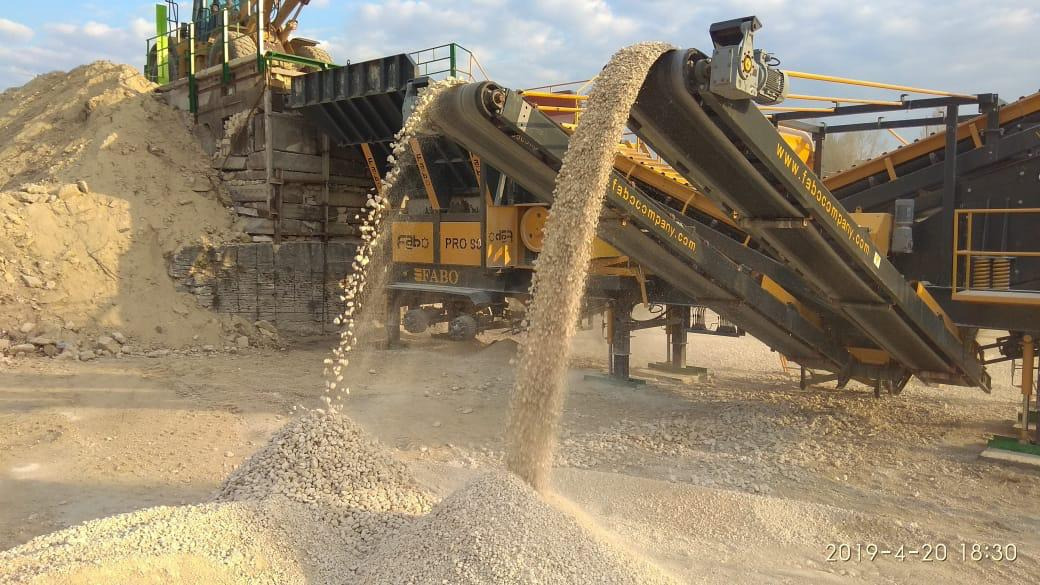




FABO Conveyor belt



FABO Conveyor belt
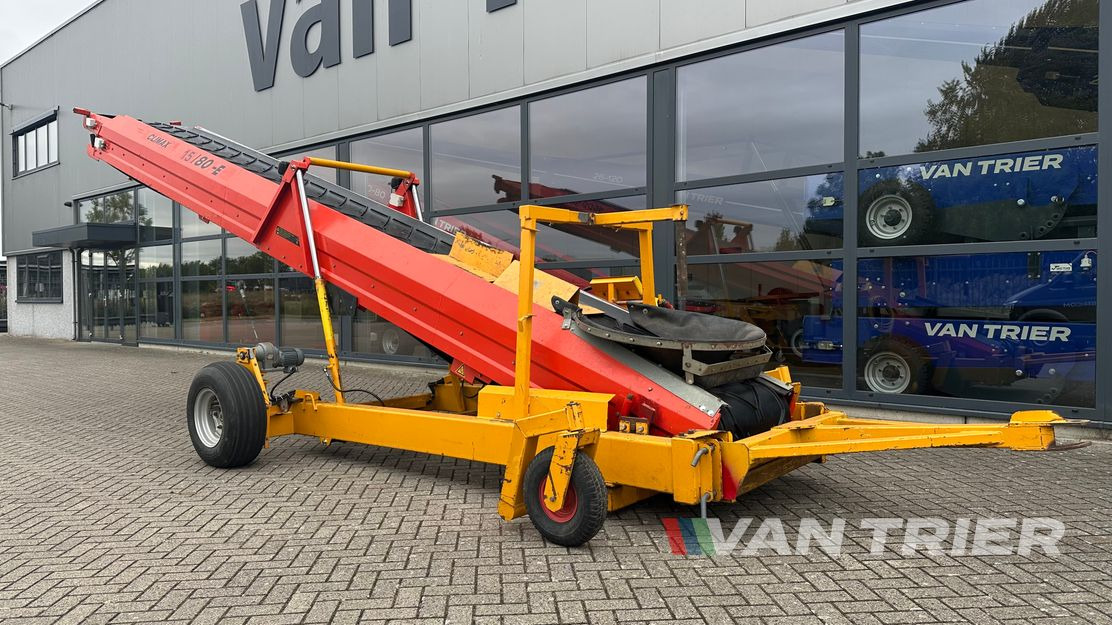
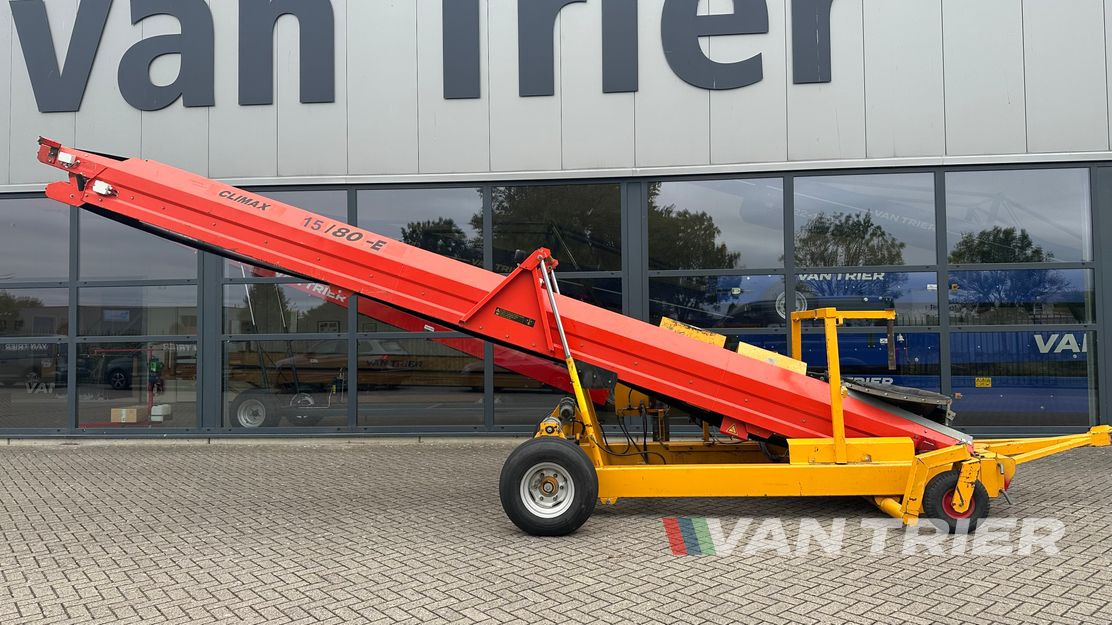

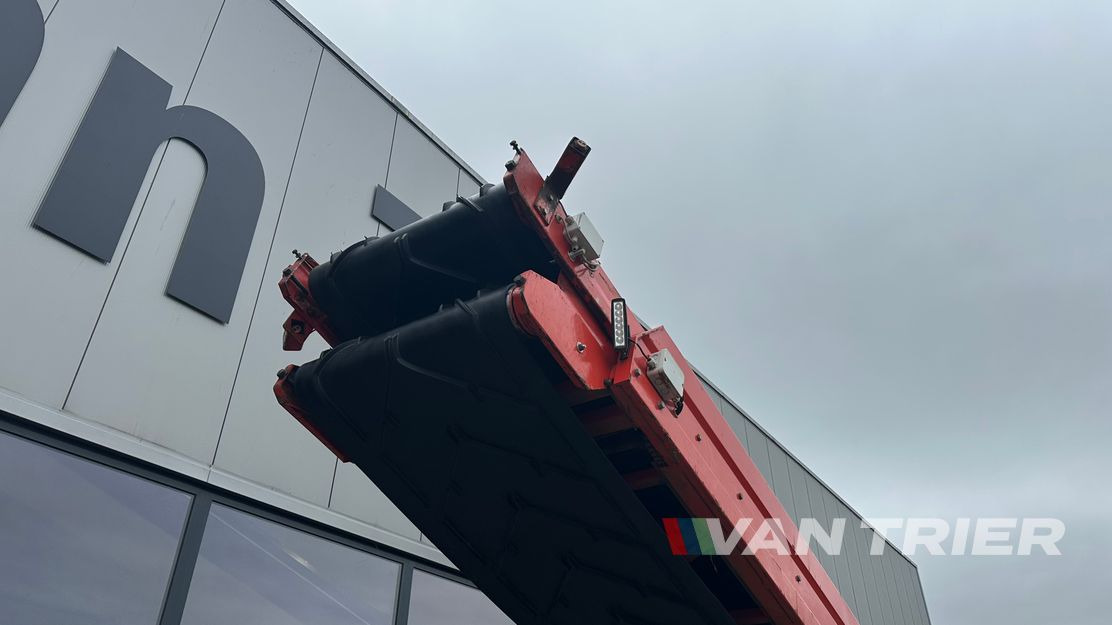
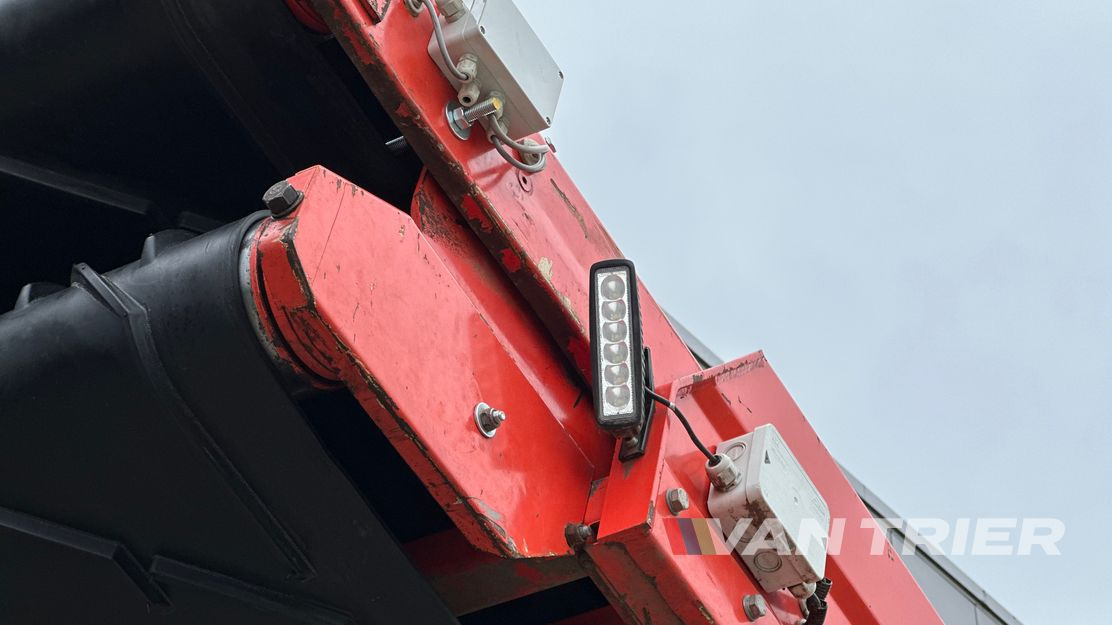
Climax CTHV1500/80 Store loader
31 500EUR
- ≈ 36 983 USD
- ≈ 27 453 GBP
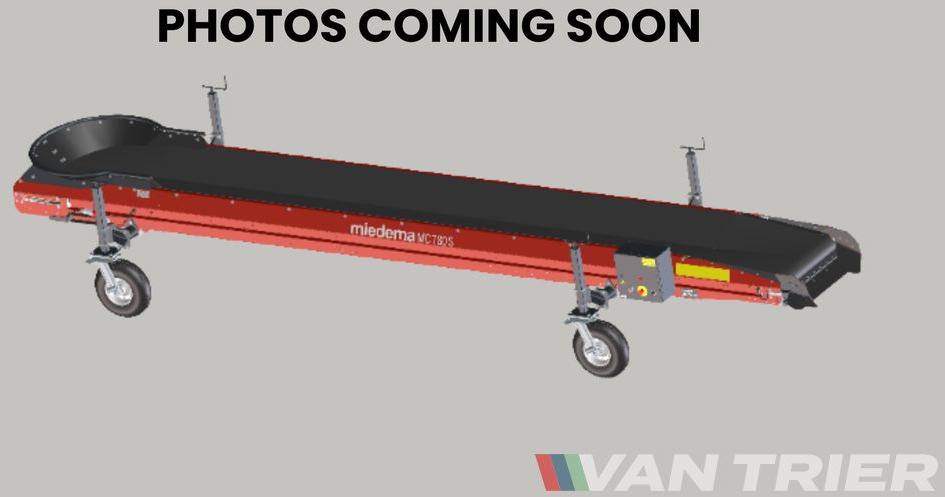
Miedema MC780S Flat conveyor
13 260EUR
- ≈ 15 568 USD
- ≈ 11 556 GBP

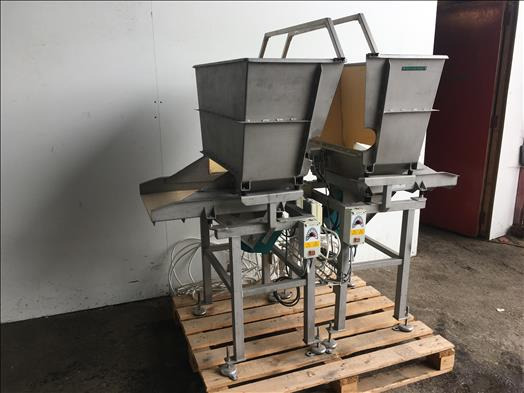


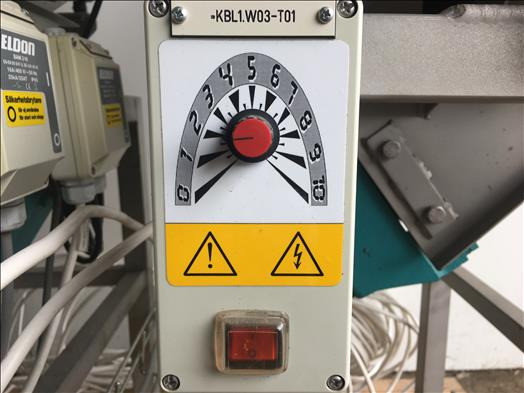
Larkap DBM50 vibratory feeder
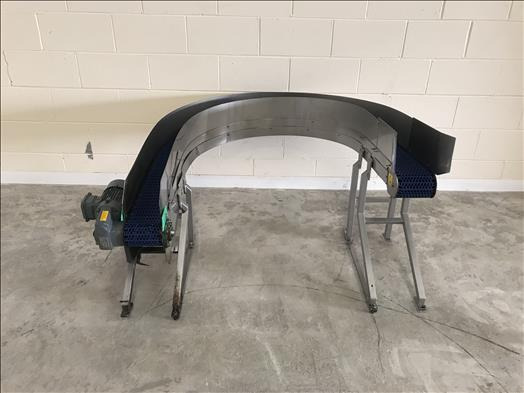

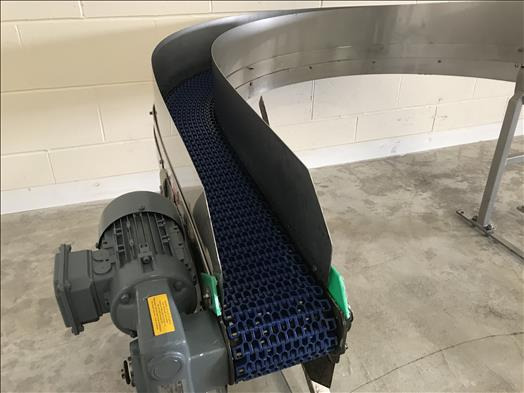

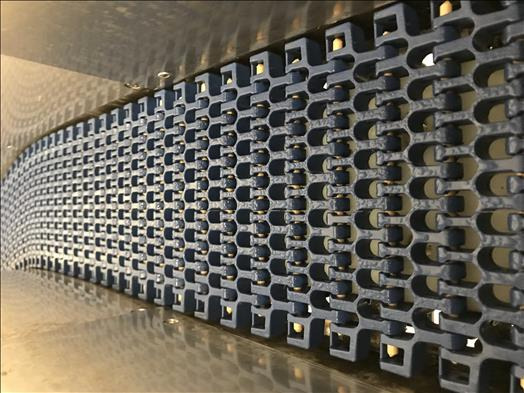
NNP 180 degree conveyor
Conveyors for Sale
A conveyor machine is an essential piece of conveying equipment used in various industries for the transportation of goods. Conveyors are commonly used in manufacturing, warehousing, packaging, and distribution to enhance efficiency and productivity. They are designed to move materials from one place to another quickly and with minimal effort, reducing the need for manual labor.
Types of Conveyors
There are several types of conveyors available on the market, including:
- Belt Conveyors: Use a continuous belt to transport materials, ideal for moving light to medium-weight items over long distances.
- Roller Conveyors: Composed of rollers, these conveyors are suitable for moving heavy or bulky materials with ease.
- Chain Conveyors: Utilized for transporting heavy loads, often used in industrial applications for handling large materials or pallets.
- Screw Conveyors: Use a rotating screw to move materials along a trough, commonly used for bulk materials like powders and grains.
The choice of conveyor depends on the type of materials to be transported, the distance, and the operating environment. Choose the right conveyor machine that suits your specific needs to maximize productivity and efficiency.
Key Technical Specifications
When selecting a conveyor, consider the load capacity, speed, and power requirements. Also, consider the size and type of materials to be transported, the distance, and the operating environment. Other important specifications include the type of drive (direct or indirect), the material of construction, and the level of automation.
Popular Brands and Models
Popular brands of conveyors include Hytrol, Dorner, and FlexLink. Each brand offers different models and types of conveyors, each with its unique features and specifications:
- Petronas: Known for its durable and efficient belt conveyors, commonly used in large-scale industrial applications.
- Dorner: Excels in providing precision and flexibility, particularly for small to medium-sized applications requiring high accuracy.
- Husqvarna: Popular for its modular design, offering easy installation and customization for various conveyor systems.
Prices and Availability
The price of new conveyors varies depending on the brand, model, and specifications. For example, a new Hytrol belt conveyor may cost between €5,000 and €20,000 depending on the configuration, while a new Dorner precision conveyor could range from €3,000 to €15,000 based on size and features.
Buying used conveyors can be a cost-effective option, especially for small businesses or startups. Depending on availability and regional trends, used conveyors can often be purchased at a fraction of the cost of new models. For instance, a used FlexLink modular conveyor may be priced between €1,500 and €8,000 depending on condition and age.
Buy Conveyors on Truck1
If you're in the market to buy conveyors, consider the Truck1 platform. With a vast range of new and used conveyors for sale, Truck1 ensures you get the best value for your money. Simply click on the link I'm looking for to start your search.
FAQ
Consider the type and size of materials to be transported, the distance, the operating environment, and the speed and load capacity of the conveyor. Also, consider the power requirements and the level of automation.
Ensure regular maintenance and inspections, use proper safety equipment, and train employees on safe conveyor operation. Always follow the manufacturer's guidelines and industry safety standards.
Consider the layout of your production line and the space available. Consult with a conveyor specialist or the manufacturer to ensure the new conveyor fits seamlessly into your existing setup. It may require some adjustments or modifications to the production line.
Prices for Conveyors
| Miedema ML1680 Premium Store loader | 69 392 EUR | |
| Miedema RT30 Conveyor belt | 8 296 EUR | |
| Breston Z22-100XW Ship loader | 78 600 EUR | |
| Breston Z18-80XW Store loader | 73 850 EUR | |
| Dozamech Saug-Druckgebläse / Suction and pressure blower / Suceuse à grains / Trasportatore / Пневматический вдуватель / Dmuchawa ssąco-tłocząca T-420 | 5 257 EUR | |
| Miedema ML1670F Store loader | 49 975 EUR | |
| Conveyor Belt for Silo | 2 200 EUR | |
| Van Trier 10,5-80 Bulk truck loader | 27 350 EUR | |
| Breston 2x6-100 Dual belt conveyor | 24 500 EUR | |
| Miedema MC2080C Dual belt conveyor | 31 400 EUR |

